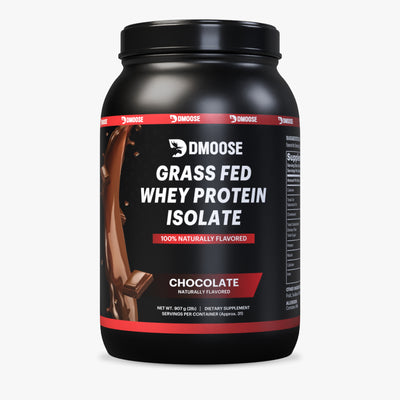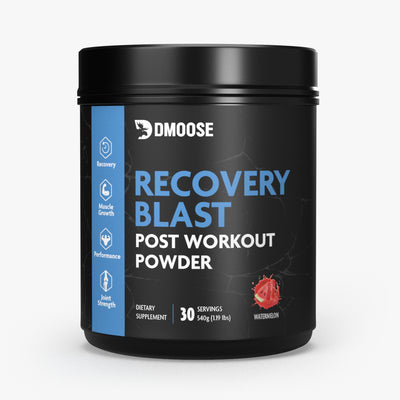Third Party Testing



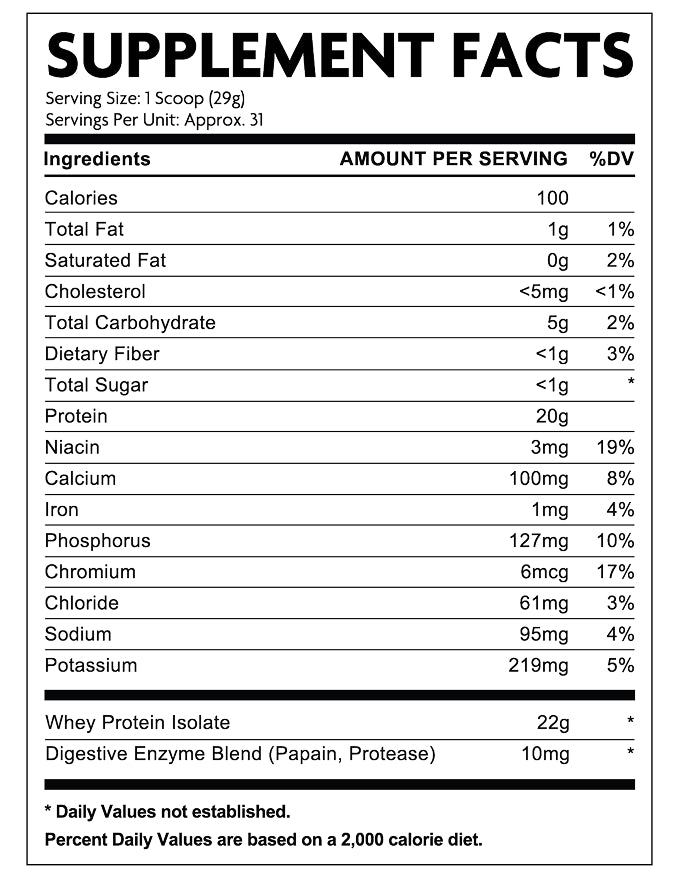
Your satisfaction matters to us. If you're unhappy with your order, we’ll process a full refund within 60 days of delivery. No questions asked.
×
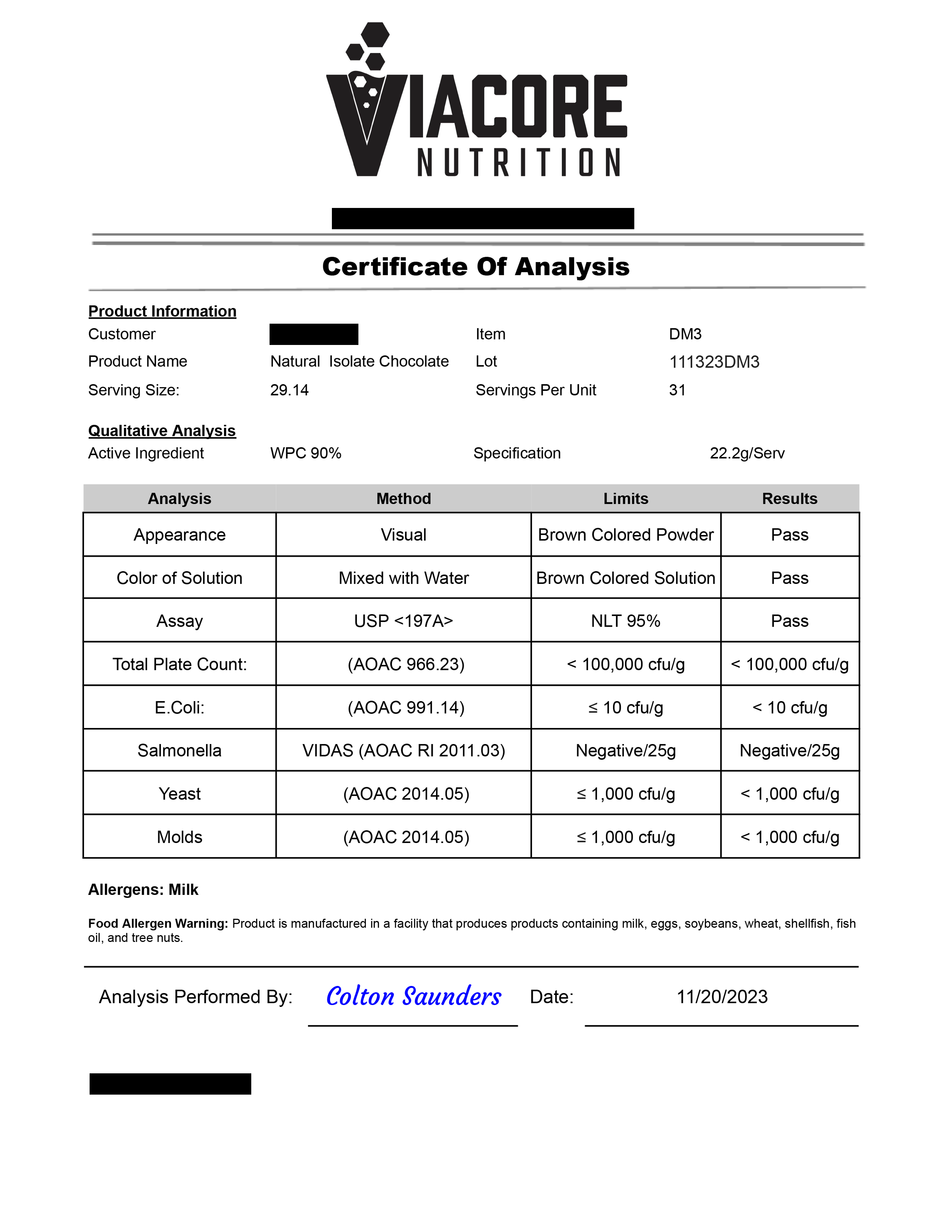

Why Use DMoose Whey Protein?
For those who refuse to compromise on nutrition, DMoose Grass‑Fed Whey Protein optimizes recovery, strength and wellness with pure grass‑fed protein.
Key Ingredients
Our formula is made with clean, naturally sourced ingredients in clinically effective amounts to support your health and fitness goals.
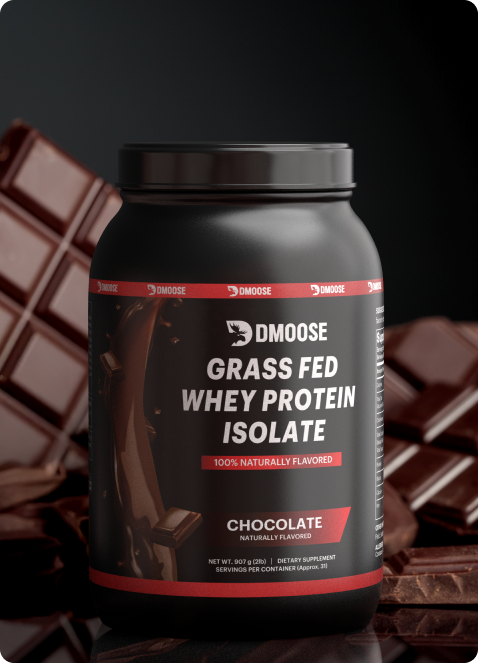
HOW TO USE
FREQUENTLY ASKED QUESTIONS
Is DMoose Grass Fed Whey Protein Isolate a suitable choice for lactose intolerance?
Whey protein isolate undergoes through filtration, making it very low in lactose. Most individuals with lactose intolerance tolerate it well. However, if you have a severe lactose allergy, consult your doctor first.
What is the difference between whey protein concentrate and whey protein isolate?
Whey protein concentrate contains around 80% protein, with some remaining fats and carbohydrates. Whey protein isolate undergoes further processing, achieving a higher protein concentration (typically 90% or more), removing most of the fat and lactose.
Are there any side effects to taking whey protein?
Whey protein is generally safe for most healthy adults. In some cases, high doses might cause digestive discomfort like bloating, gas, or stomach upset. If you have any health concerns, talk to your doctor.
When is the best time to take DMoose Grass Fed Whey Protein Isolate?
The most popular time is post-workout to boost muscle recovery and growth. However, you can consume it anytime for a convenient protein boost, such as mixed into breakfast or as a snack.
Can I use this protein for baking or cooking?
Yes! While DMoose Grass Fed Whey Protein Isolate is specifically designed for shakes and smoothies, the delicious flavors work well in various recipes. Try adding it to protein pancakes, muffins, or homemade protein bars.
What are the ethical and environmental benefits of grass-fed whey protein?
Grass-fed farming often promotes improved cow welfare, as cows graze on their natural diet. It may also benefit soil health and have a reduced environmental impact compared to conventional grain-fed dairy practices.
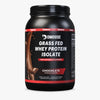
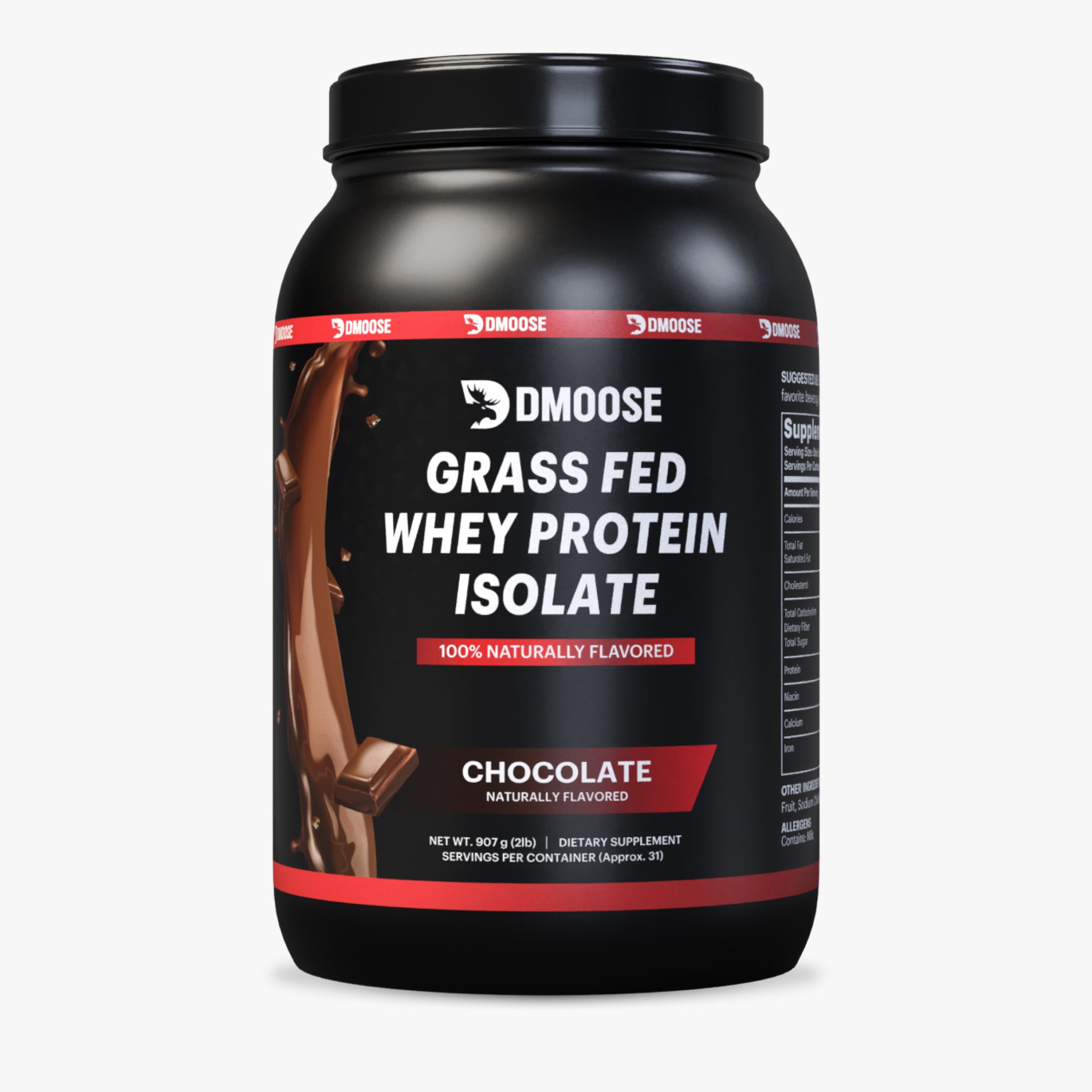 Skip to content
Skip to content







